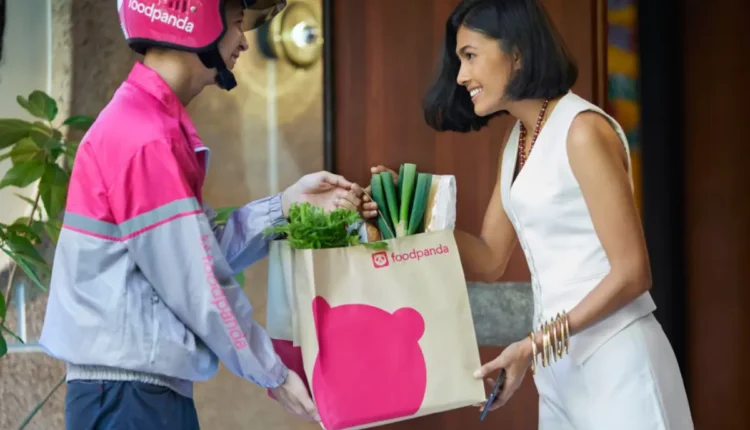Foodpanda : Confirms Redundancy Amidst Southeast Asian Market Shift
Foodpanda : Quest for Efficiency Amidst Asian Market Turbulence
Foodpanda : In a bid to enhance agility and efficiency, Singapore-based food delivery service has announced its latest round of layoffs. This move marks the third round of layoffs for the company since February and September of the previous year, alluding to the challenging macroeconomic conditions in the industry.
Foodpanda’s decision follows similar moves by competitors Grab and Deliveroo, indicating the tough operating environment in the Southeast Asian food delivery market.
Foodpanda & CEO
Jakob Sebastian Angele, APAC CEO, addressed the layoffs in a letter to employees, stating, “Our company priority right now is to become leaner, more efficient, and even more agile.
To do this, we need to streamline our operations so we can take on a more structured approach for the coming days.” However, specific details regarding the number of employees affected and the impacted departments were not disclosed.
These measures include a thorough review of the organizational structure across regional and country teams, as well as realigning functional reporting lines under different leadership for improved consistency and focus.
Simultaneously, Foodpanda’s parent company, Delivery Hero, is exploring potential buyers for a partial sale of its Southeast Asian food delivery business, including its operations under the Foodpanda brand in several countries, such as Singapore, Cambodia, Malaysia, Myanmar, Philippines, Thailand, and Laos.
While the negotiations are in preliminary stages, reports suggest that Grab, a dominant player in the Southeast Asian food delivery market, could be a potential buyer.
Sachin Mittal, head of telecom, media, and technology research at DBS Bank, noted that Grab’s competitors, including Foodpanda, are losing market share, with Grab gaining dominance in food deliveries. This shift may lead Foodpanda to consider exiting certain markets.
According to a report from tech research firm Momentum Works, Grab holds 54% of the region’s gross merchandise value in 2022, with Food panda capturing 19% and Gojek holding 12%. Grab’s strong market position and entrenched presence in the region make it a potential suitor for Foodpanda’s Southeast Asian businesses.
Food delivery companies are grappling with economic challenges, with Grab and Delivery Hero focusing on cost reduction and profitability. Delivery Hero, which has yet to turn a profit since its inception in 2011, reported a net loss of 832.3 million euros ($886.9 million) for the first half of 2023.
Jonathan Woo, senior research analyst at Phillip Securities Research, views Foodpanda’s potential market exits as part of a typical consolidation process in response to intense competition, particularly as scrutiny over profitability intensifies. He believes that Grab, with its strong regional presence, is the most appealing potential buyer for Foodpanda.
In December 2021, Foodpanda announced its plans to scale down operations in Germany and exit the Japanese market. Both Food panda and Grab have expanded their services to include dine-in options as consumer behavior shifts towards resuming daily routines and dining out more frequently.
Also Read : Canadian Companies : A $3.31 Billion Bet on India

